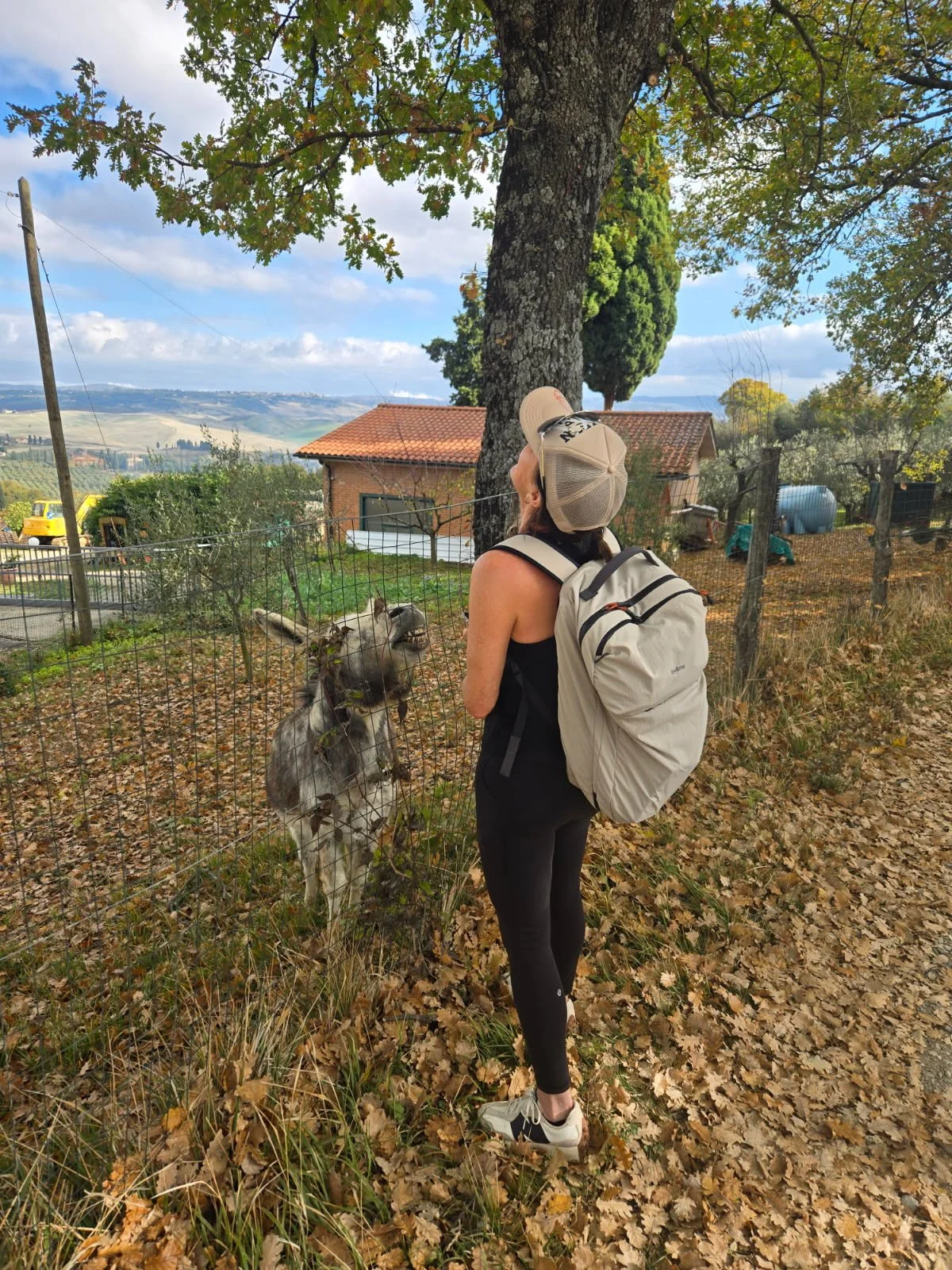Big Things, Small Things
by Sara Flitner
The judge wasn’t making eye contact. Instead, he fussed with the papers in front of him, rendering the people before him—including me—invisible. He had been deliberating on whether or not to declare a mistrial in my case, involving the drunk driver who barreled into me head-on, driving in the wrong lane of traffic on a snowy December night in 2022.
Several long minutes later, the judge announced what I felt was coming: another tired revolution of the engine of justice.
I had just cleared an intersection on Snow King Avenue, that night in 2022, when the other driver left his lane and smashed into me. The impact spun my car again and again until it came to rest facing the opposite direction—a not-so-subtle foreshadowing of what was to come. That year, a constellation of tragedies hovered over me like a stubborn storm system. Oddly, it was this accident—perhaps the least terrible of them—that flattened me.
My brain refused to return to normal life, and I found myself unable to drive at night, or when it snowed, or when I had to pass through intersections. I felt ashamed of this weakness, of course, so I kept crawling into a smaller version of my life until some loved ones dragged me back toward some semblance of healing. I had wasted many months by then, tangled in dark roots of something I didn’t yet understand.
Two days after the mistrial was declared, I sat under the airport’s fluorescent lights, sipping coffee and waiting for my much-anticipated flight to Tuscany. An officer who had reviewed the crash-scene photos joined me, making rounds before his night shift ended. He spoke of his own PTSD, rooted in a violent attack by a stranger in a foreign country years earlier. For a beat longer than polite conversation allows, he held my gaze—a quiet acknowledgement of invisible bruises, creeping shame, and the way a single violent moment can rearrange a person from the inside out. His eyes said we had both traveled a long distance to arrive at this small table, sharing this ordinary cup of coffee.
As I walked through Tuscany’s quaint walled cities, eating handmade pasta with Nebbiolo served in glasses the size of small bowls, I considered the lives of all the others who had come before me, whose steps had worn the cobblestones smooth. Here, in a place unfamiliar to me, it was easy to widen the lens and lift above my own story. At the same time, I could feel loosening in my own body, the heft of my own weight on the ground with my step. My experience was infinite and insignificant all at once—both profound and irrelevant. A paradox that felt strangely like relief.
Flipping through my many photos of the Tuscan hillsides, the ruins of the Colosseum, and marble sculptures carved with a precision that defies centuries, I kept circling back to an unassuming moment: a picture of me laughing—really laughing—at a donkey who had brayed enthusiastically, beckoning me to the fence and pulling off something like a smile. His attention was so complete, his charm so undeniable. I allowed the delight to come.
That small moment stands out amid all the grand ones. Who knows why? Perhaps because for a while, the car accident drowned out my ability to see these small, ubiquitous moments. However, feeling delight is not something I take for granted, so I let the encounter with the donkey burrow into the place inside me where I feel most alive—and there I stored it.
We are taught to go after life’s big offerings, to write monumental chapters, but here I am staring down at this donkey with his brown teeth and his inarguable smile and nothing bigger comes to mind. Big events are simply too small to stack up against the constant unfurling of what is joyful, what is delightful, what can be felt by the hand scratching the donkey’s long ear.
Back home, I land again in familiar territory, walking towards a car that I will drive over a slippery road under a dark sky, noting what is again possible. I tuck into that memory of a donkey’s insistence that I notice him. I let it take up space and grow.

